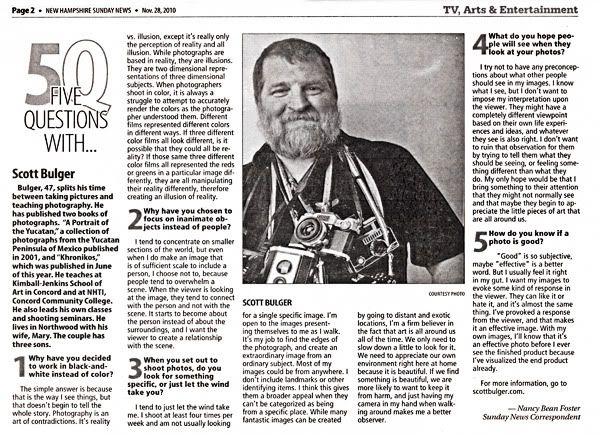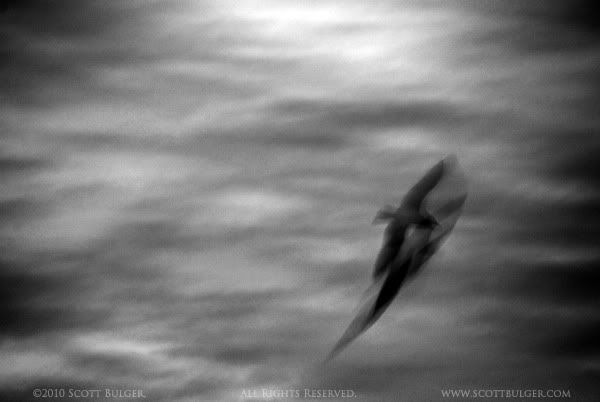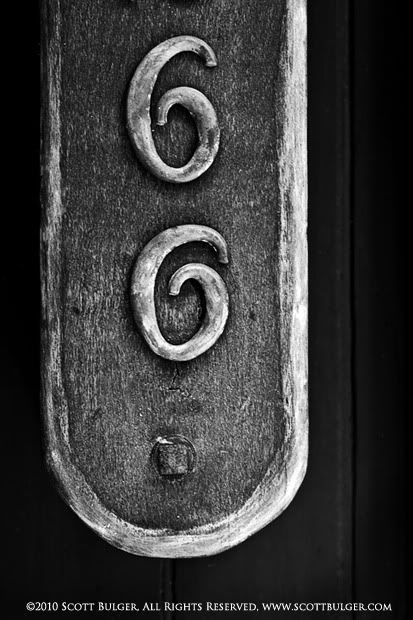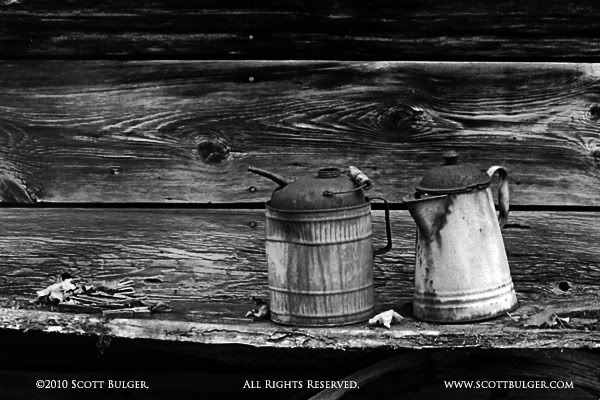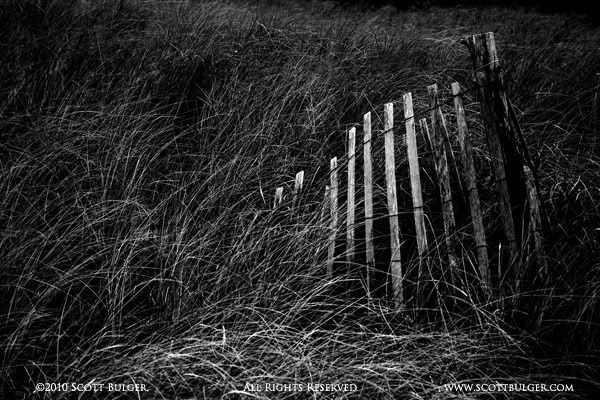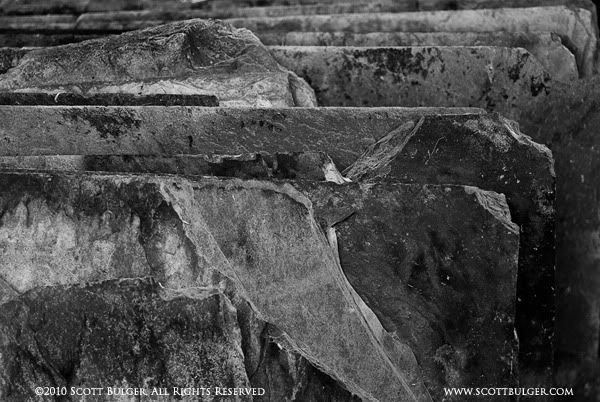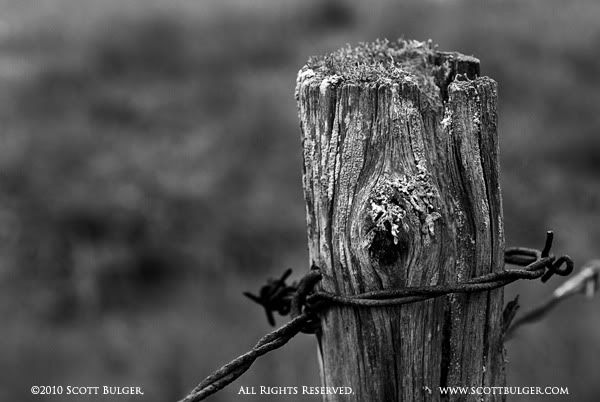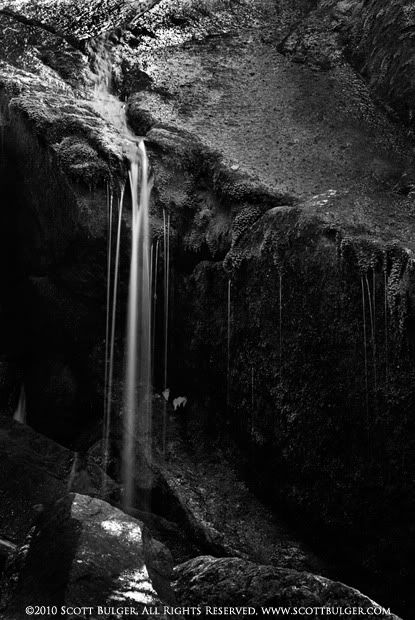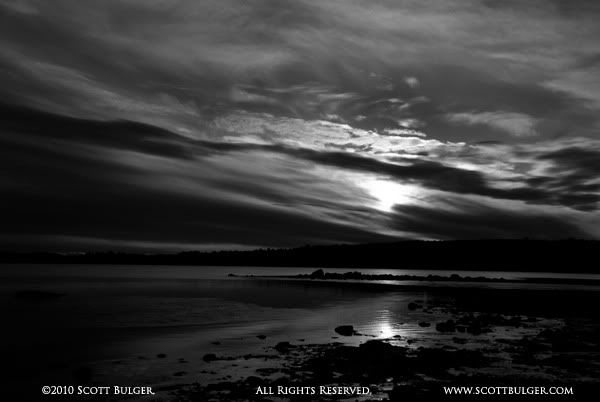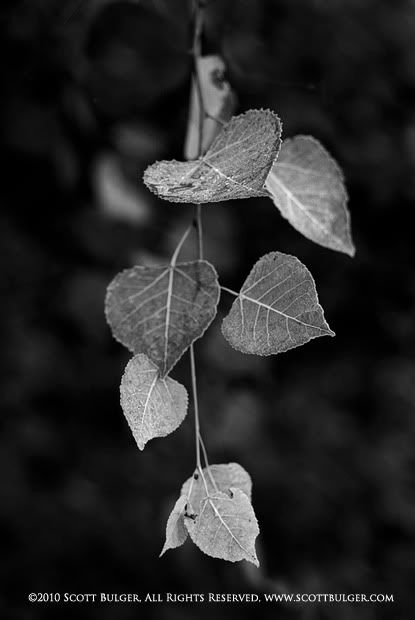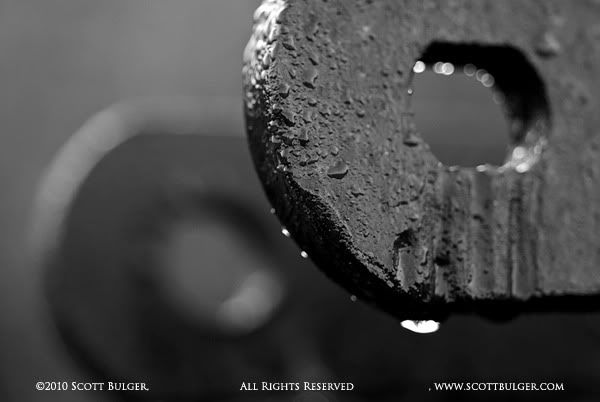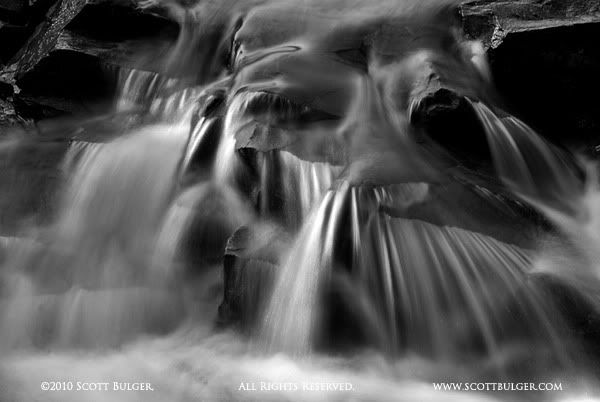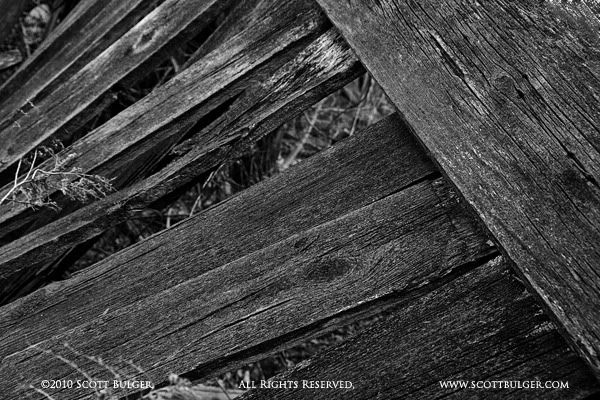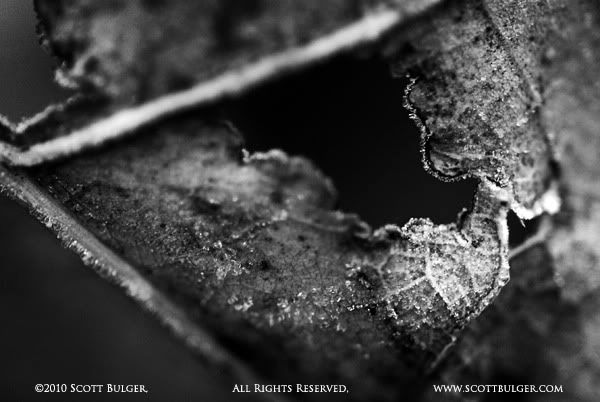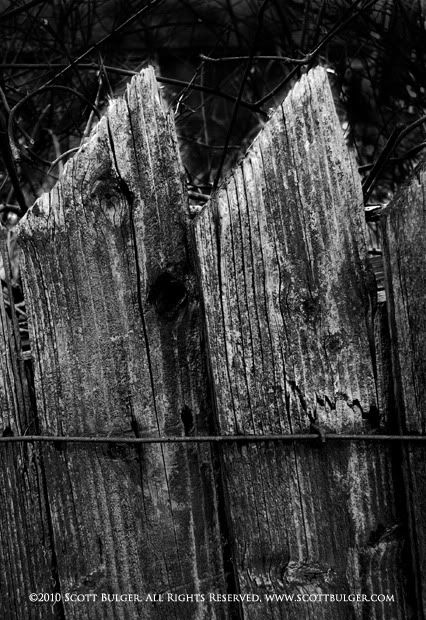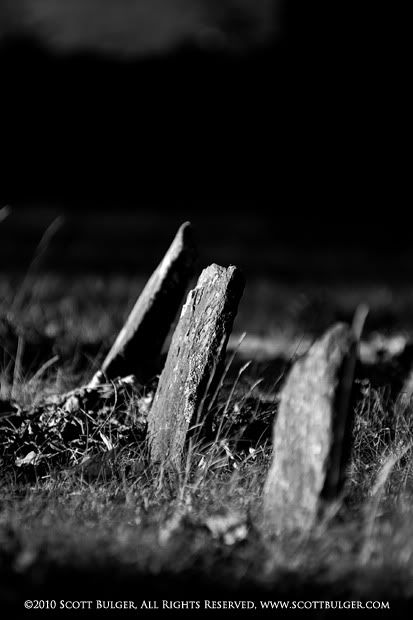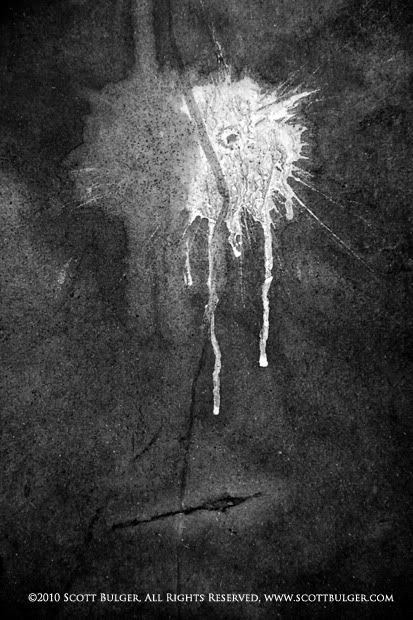Sunday, November 28, 2010
Saturday, November 27, 2010
Northwood Playground Project

If you live in Northwood or the surrounding area, the calendar should be a fixture in your home. If you don't live in Northwood, it's still a great calendar and you get to help out a fantastic cause. The price for this calendar is only $20 (plus $3 First Class shipping anywhere in the continental United States. For international shipping, please email for rates), with 45% of the gross sales going to the Northwood Playground Project.
Also, if you live in the area and would like to advertise in the calendar there are still some spots available, ranging from $25 for a business card ad in the "Year at a Glance" section, $25 to sponsor the day of your choice, $50 for a half banner on one of the months, and $100 for a full banner on a month. ALL of the advertising proceeds go to the Northwood Playground Project. Advertising spots are limited, so email me for more info regarding advertising.
Many of these photographs have been featured in previous postings on my blog, so if you want to see a larger image, check back and see if you can find it. They might also be found on my website. All calendars ordered by December 13th will ship on December 15th so you have them prior to Christmas. They make great gifts! Orders after December 13th can not be guaranteed for Christmas delivery, but they will ship the next business day after order.
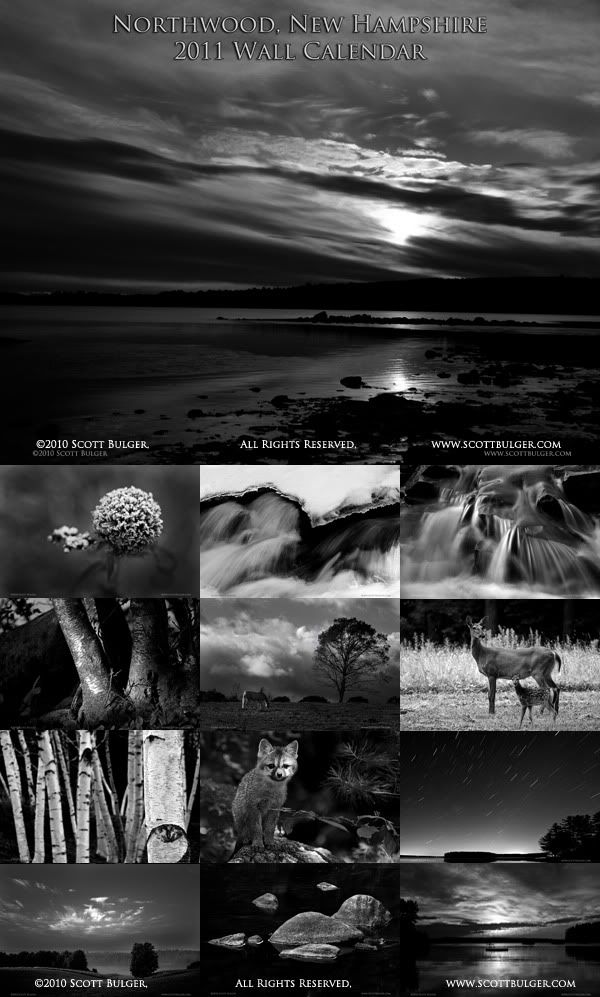
Posted by
Scott Bulger Photography
at
12:33 PM
2
Interesting Thoughts
![]()
Labels: 2011 Wall Calendar, Black and White, New Hampshire, Northwood, photographs
Thursday, November 25, 2010
As Requested
First of all, the decision to use black and white as my medium of expression was not taken lightly. It's not something that I do to try to be "artsy" or "stylish". I use black and white because that is the way that I see things. It's not a random act of conversion, but all of my personal work that is done in shades of gray. I've been shooting in black and white for over 25 years, and continue to add to my understanding of why.
Photography is an art of contradictions. It’s Reality vs. Illusion, except it’s really only the perception of reality and all illusion. While photographs are based in reality, they are illusions. They are two dimensional representations of three dimensional subjects. When photographers shoot in color, it is always a struggle to attempt to accurately render the colors as the photographer understood them. Different films represented different colors in different ways. If three different color films all look different, is it possible that they could all be “reality”? If those same three different color films all represented the reds or greens in a particular image differently, they are all manipulating their reality differently, therefore creating an illusion of reality. The simple act of using black and white film is the manipulation of reality. The world does not actually appear in shades of gray, or does it? I prefer to be up front about my manipulation of reality, and convey my thoughts and impressions in black, white, and gray. Black and white imagery forces both the photographer and the viewer to work harder to understand an image. The artist has to work harder because he’s not going to be able to distract or lead the viewer through the use of color, and the viewer has to work harder as well since they are going to have to be looking at subtleties such as texture, shapes, tonal range and contrast.
That being said, here are the two images to compare. Now, it's important to remember that in order to end up with a properly converted black and white image, you need to start with a properly adjusted color image. Never shoot in "black and white" mode in your camera or you'll lose much of the flexibility and creativity that you'll have when starting with a color image.
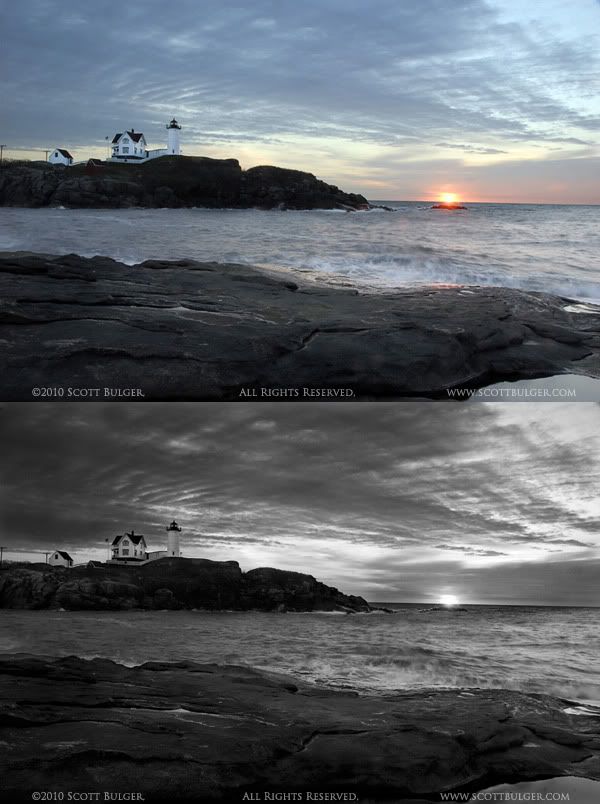
Your eyes see differently than a camera. They have a different field of view, and they react to the light differently, so you need to be more than just a shutter snapper. You need to be an ARTIST. One of the skills you need to exercise is being a translator. You need to translate the scene for the photograph. There are many other senses involved in what you see than just your eyes.
What you hear, what you feel, what you taste, and what you smell all go into the overall presentation of what you are seeing. "How is that possible?" you might be thinking. Bear with me here. I'm going to exaggerate for effect.
You are at the seaside, and witness a beautiful scene of some flowers on a dune. It's incredibly beautiful to you at the moment and worth capturing to your CCD or film. Wait. Think for a second. What else is making the scene so darn "scenic" to you? You smell the salt air.You feel the ocean breeze on your face. You feel the sand compressing under your feet. You hear some gulls squawking as they ride the breezes overhead.You taste the salt in the air. All of these things are contributing to how you feel about what you are seeing.
Now what you need to do is translate this feeling to your image. Have you ever wondered why some images that appear to have such great potential look so "sterile"? No feeling. No passion. No vision. No heart. They just don't stir anything inside of you. Lousy translation.
Your next question is "OK Mr. Smarty Pants, how do I do this "translation" thingy you are talking about?"
I'm not telling you. I'm not telling you because I can't tell you. I don't know what you are feeling and seeing and hearing at these moments of epiphany. Only you know that. It's your job to tell me.
You're the artist, so art.
You need to be more than just a mechanic.
Posted by
Scott Bulger Photography
at
5:55 AM
3
Interesting Thoughts
![]()
Wednesday, November 24, 2010
Photoshop is a Noun, not a Verb
I was just reading another blog, when I came upon a decent photograph, and underneath it there was a caption that read: I used Photoshop to tweak the shadows, but other than that, I didn't manipulate it at all. (I'm not quoting, because I don't want it to be Googled and found. I'm paraphrasing to use it as an example. I have no desire to point a finger directly at someone.)
One problem, the image was black and white. So, unless you stepped through some magic door into "The Purple Rose of Cairo", the image was most certainly manipulated more than just tweaking the shadows.
The whole "Photoshop" debate has been going on since well before the popular inception of digital capture. Prior to digital capture, printed images were scanned into computers and edited with Photoshop, whose first version was released in 1990.
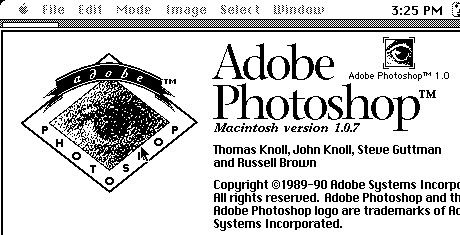
Photoshop is a noun. It is a thing. It is a software program. "IT" doesn't "DO" anything. It is a tool. A person with this tool can "edit" images on his/her computer. The person edits (verb), using Photoshop (the tool, a noun). A person can also edit their images with a plethora of other computer programs that are also all nouns. Gimp, Picassa, etc.....all nouns.
"I don't use Photoshop" I have heard exclaimed proudly to anyone that was interested in viewing their very mediocre images. "That's why my photographs don't look as good as those over there. He/She uses Photoshop."
Oh really? Raise your hand if you have heard this before. More than likely, your image is sub-par, because your skills are sub-par. Maybe you didn't use Photoshop specifically, but if you are displaying digital images anywhere, you certainly used some sort of editing program somewhere along the line. In the hands of a craftsman, a $10 hammer will work just as well as a $100 hammer. Instead of complaining about the other guy having a $100 hammer, just learn how to use your $10 hammer. The $100 hammer will not make you a better carpenter.
"I don't like photographers that manipulate their pictures." I've heard this before too.
Explain to me "manipulate".
Let's check the 2006 American Heritage Dictionary:
ma·nip·u·late (mə-nĭp'yə-lāt') Pronunciation Key
tr.v. ma·nip·u·lat·ed, ma·nip·u·lat·ing, ma·nip·u·lates
1. To move, arrange, operate, or control by the hands or by mechanical means, especially in a skillful manner: She manipulated the lights to get just the effect she wanted.
2. To influence or manage shrewdly or deviously: He manipulated public opinion in his favor.
3. To tamper with or falsify for personal gain: tried to manipulate stock prices.
4. Medicine To handle and move in an examination or for therapeutic purposes: manipulate a joint; manipulate the position of a fetus during delivery.
You see, there are a few different definitions for "manipulate" and some of them aren't so nice, but the primary one is the key: To move, arrange, operate, or control by the hands or by mechanical means, especially in a skillful manner.
Sounds OK to me.
Everyone has a different "comfort level" with what they consider acceptable manipulation. Most photographers consider black and white film photography to be "pure", but black and white images are a far cry from reality, don't you think?
I had a "long" discussion in one of my classes when a student started to question me about Ansel Adams and his "manipulation" of his images. Well, sure, Mr. Adams manipulated his images by dodging and burning and using some filtration to alter contrast. The student felt "mislead" because he thought he was looking at reality. He neglected to mention that all of the images discussed were black and white. Also not reality, but somehow, this didn't bother him/her.
No amount of editing, with Photoshop or any other software program, is going to take a junk photograph and make it into a masterpiece. You can roll elephant dung in powdered sugar, but that doesn't make it a chocolate donut. (Thanks for the visual, Will)
My own personal line with photo editing (yes, I own and use Photoshop, as does 99% of all other professional photographer out there) is that I won't do anything that I couldn't do in the 30 years that I have been working in a darkroom. This means that I use my editing software to crop, dodge, burn, adjust contrast (by using curves) and levels, adjust color (just like I would by using different films), clean up dust spots (just like I would with Spotone), overlap negatives, and otherwise prepare an image for digital or print display.
What I won't do is take a photograph of a seagull and move it into a landscape of a beach on Hawaii and call it one of my vacation photos. First of all, I've never been to Hawaii, secondly there are no seagulls in Hawaii, and thirdly you are misrepresenting your image to the viewer. Do what you want with your editing software, just call it what it is. We have a responsibility to all who try to emulate our work by giving them the information necessary to do so. By displaying impossible to recreate images, and referring to them as actual, we do our students a disservice.
Where is your line? How do you feel about this?
Posted by
Scott Bulger Photography
at
6:54 AM
36
Interesting Thoughts
![]()
Labels: ethics, manipulation, Photography, Photoshop
Artist Profile by ArtSpider
Posted by
Scott Bulger Photography
at
6:00 AM
2
Interesting Thoughts
![]()
Labels: Art Spider, Documentary, Documentary Film, Scott Bulger
Tuesday, November 23, 2010
Soaring
Posted by
Scott Bulger Photography
at
9:50 AM
1 Interesting Thoughts
![]()
Labels: Black and White, Emotion, Flying, Motion, Seagull
Sunday, November 21, 2010
Here's the Deal....
"What's your point here Scott?" you may be thinking.
My point is, that there is only one question that I get asked frequently, at least once a day, and that is "What kind of camera do you use?", and that is probably the least important piece of information about a photographer that there is.
Not that it matters, but I bought my first 35mm camera in 1978, it was a Ricoh, and I bought it at Lechemere Sales at the Mall of New Hampshire. A few years later I bought a Minolta X-700 and a few years later I bought a second X-700. A few years after that, I injured my arm badly in an accident and need to change the way I worked so I bought a Nikon N90. I shot with that camera for over 10 years until I decided to go digital and bought a Nikon D50 a bout six years ago to dip my toes in the digital pool, and three years ago upgraded to a Nikon D200. There, now you know what kind of camera I have always used......and it doesn't make a bit of difference. No camera EVER took a great photograph any more than a typewriter wrote a great novel. A camera is just a tool, like a hammer or a drill. It's the person using it that matters.
Now this information might be quite depressing for those of you that thought you could go out and spend a couple thousand dollars on camera equipment and be a great photographer. It just doesn't work that way. Photography is an art, and art is a creative process, and you can't buy creativity. You can learn it, but you can't buy it. I've been to photography exhibits where all of the images were taken with SX-70's, 110 instamatics, and other varieties of toy cameras that cost about $20.
My friend Will Michael and I were discussing an image the other day (as we are often prone to do) when he said "Seeing takes discipline, it's more than just looking." I'm always talking about needing "vision" and Will's statement just cuts right to the heart of it. You have to actually see what is in the frame. All of it, not just the center. You have to look in the corners and n the background. You have to check your horizons and your plumbs to make sure that they are horizontal and plumb.
Ansel Adams is one of the all time photographic greats and a personal icon of mine. He also has one of the most misinterpreted quotes around.
"There are no rules for good photograph's, only good photographs."
People like to interpret this as meaning that Ansel Adams is telling them that they don't need to know anything about the photographic rules, that they can just go out and shoot 300 frames per minute haphazardly and get good photographs. Sure, you might get a good frame here and there, but a blind squirrel will find a nut every once in a while as well. What he meant was that just because you follow the rules does not guarantee a great image. There are lots of rules, and Ansel wrote plenty of them. Of course it's ok to break the rules, but you have to know that you are breaking them and be breaking them for a purpose. A horizon line that is 2 or 3 degrees off just looks crooked. A horizon line that is 20 or 30 degrees off can impart a feeling or an emotion and look like it is done intentionally and not just that you are holding your camera crooked.
If you want to take great images, you don't need a fancy camera. You need heart, passion, and vision. Everything else is just practice.
Posted by
Scott Bulger Photography
at
5:59 PM
17
Interesting Thoughts
![]()
Saturday, November 20, 2010
Early Saturday Morning
Just a touch of orange was on the horizon when I got there at 5:45. One carload of students was already there, having overestimated the amount of time it would take them to get there. Meet up time was 6:10, (30 minutes before sunrise) and by 7:10 (30 minutes after sunrise) I expected that most of them would be gone for the day.
Cars started filing into the parking lot on a regular basis and by 6:15 there were about 30 young photographers all searching out their favored vantage point. In the summer, the sun rises to the left of the lighthouse, but in this time of year, it's rising to the right of the island, changing the perspective and vantage points that you can use.
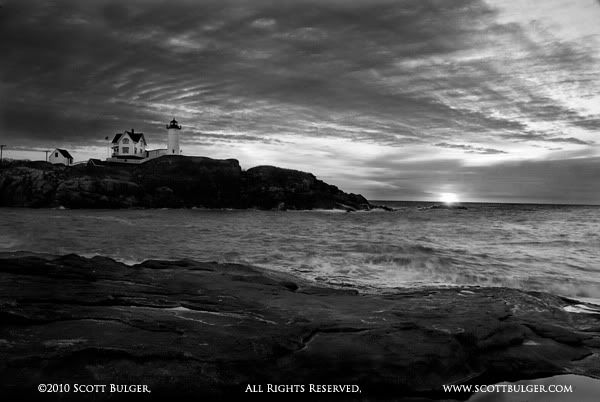
It was very cold and very windy. The intrepid photographers pose for an image. Two were too cold to get out of their cars.
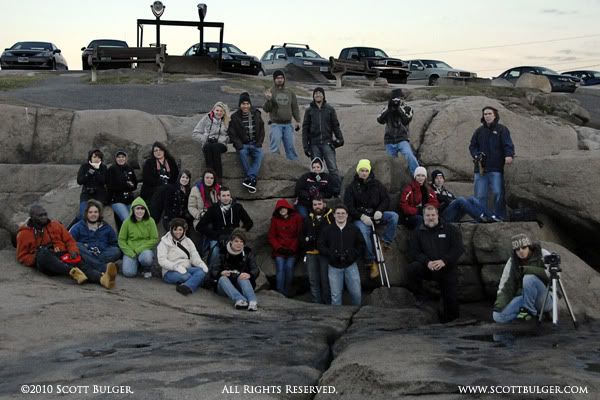
Posted by
Scott Bulger Photography
at
9:55 AM
4
Interesting Thoughts
![]()
Labels: Black and White, Nubble Light, Sunrise Sunset
Friday, November 19, 2010
Dear Cindy,
I'll have to nicely explain to you that you have no idea about composition, no understanding of lighting, have a hard time keeping your subject in focus, and basically should sell your camera gear and maybe start selling Avon or Mary Kay. I'll explain to you that the reason you try to discourage others from taking up photography is that you are so insecure in your own work that you know if anyone with a modicum of talent comes into the area that the tiny dribble of business that you now have will dry up completely.
A good photographer would welcome more good photographers into the community, because believe me, there aren't that many of them. A good photographer would want to help a young artist become better by sharing your experience and offering advice and encouragement.
I would like you to become a better photographer. Here are a couple quick tips that would help you immediately.
1. Look in the back of your camera manual and look for the "White Balance" setting. Use it. When your subject is sitting in shade and wearing all blue, and her skin looks blue, you need to set the white balance properly.
2. Do a quick Google search for "Photographic Composition". Read a couple articles. Try to apply it. At least attempt to stop cutting off peoples hands with your camera. It's disturbing to look at.
3. If you are having trouble with the facial recognition on your camera, learn how to manually focus. That way, you can focus on the subject instead of the wall behind them.
Hopefully, this is enough to get you started. Once you think that you have mastered these techniques, let me know, and I'll give you some more tips. I have a long list for you.
Oh yeah, one more thing, the next time you run into a young photographer, be encouraging and helpful or keep your yap shut. I'm watching you.
Posted by
Scott Bulger Photography
at
5:57 PM
2
Interesting Thoughts
![]()
66
Posted by
Scott Bulger Photography
at
6:43 AM
1 Interesting Thoughts
![]()
Labels: 66, Black and White, Texture
Thursday, November 18, 2010
Wandering the Yucatan
I'm no expert on Mexico. My nine visits to the area total about fourteen weeks of actual time, hardly enough to really understand anything. I don't pretend to know all about the internal workings or the politics. I do know a little bit about the history of the area and the people. I find it fascinating. I appreciate the culture and the food, the weather and the amiability of the people I meet. I detect a very certain dignity in the faces of the inhabitants of this limestone plateau.
If you want to get an idea of what it is really like to live in the Mexico for a non-Mexican, you might want to read the blogs of a couple friends of mine, Rivergirl and CancunCanuck.
In between the more populated areas and bigger cities, many parts of the area are quite remote and difficult to get to. Less traveled roads are often in poor condition, riddles with teeth chattering potholes, and Himalayan speedbumps (topes) that often appear out of nowhere. Even the two lane roads are really only one and a half lanes wide, and meeting traffic coming from the opposite direction requires some maneuvering to pass without incident.
 The only thing that I found that I could predictably count on finding from one jungle village to the next, was Coca-Cola. It was everywhere. The more I looked, the more I found it. In every village, if there wasn't a market that sold it, there was a boy on the side of the road, sitting on a cooler, that was full of semi-cold Coke. I passed more than one very elderly man, pedaling a giant tricycle from village to village, distributing the beverage to the boys with the coolers. He would pedal for miles from outpost to outpost, making his rounds, delivering his product to the boys that sat on the coolers.
The only thing that I found that I could predictably count on finding from one jungle village to the next, was Coca-Cola. It was everywhere. The more I looked, the more I found it. In every village, if there wasn't a market that sold it, there was a boy on the side of the road, sitting on a cooler, that was full of semi-cold Coke. I passed more than one very elderly man, pedaling a giant tricycle from village to village, distributing the beverage to the boys with the coolers. He would pedal for miles from outpost to outpost, making his rounds, delivering his product to the boys that sat on the coolers.While visiting the ancient Mayan city of Chichen Itza with my family in 2006, we were walking down a small path, searching out some shade for my two youngest sons who were making their first trip to Mexico with me. Just out of the corner of my eye, I saw something. It took a second for my brain to register what my eyes had seen, but as soon as I put it together, I immediately stopped, spun around, dropped to a knee, and snapped off this single frame with my camera. I knew that I had snapped a beautiful frame, and I wasn't going to mess with the mood, by trying to take more.
I walked over to the little girls and her mother, showed them the photo, and asked their permission to keep it. They both said it was fine, so I gave them each a few pesos, and we continued on our way.
Posted by
Scott Bulger Photography
at
8:39 PM
6
Interesting Thoughts
![]()
Labels: Chichen Itza, Coca Cola, Coke, Mayan, Mexico
Oil Can and Coffee Pot
Posted by
Scott Bulger Photography
at
6:18 AM
4
Interesting Thoughts
![]()
Labels: Black and White, coffee pot, oil can, Texture
Wednesday, November 17, 2010
Knotted
Posted by
Scott Bulger Photography
at
5:38 AM
1 Interesting Thoughts
![]()
Labels: Black and White, pattern, silo, Texture
Tuesday, November 16, 2010
Padlock and Chain
Posted by
Scott Bulger Photography
at
3:02 PM
4
Interesting Thoughts
![]()
Labels: barn door, Black and White, chain, Contrast, padlock, Texture, tonal range
Monday, November 15, 2010
Thank You for Your Support
CONCORD, NH - Congratulations to Scott Bulger, local professor of photography at NHTI (Concord's Community College) and Kimball-Jenkins School of Art, for the publication of a beautiful collection of his black and white photographs in a volume entitled KHRONIKOS. In conjunction with a book signing sponsored by Gibson's Bookstore, Scott presented slides of his work and talked to a gathering of interested patrons in the Screening Room at Red River, before signing copies of KHRONIKOS in the lobby.
Copies of the book are still available at Gibson's Bookstore. www.gibsonsbookstore.com
For more on the photographer, visit www.scottbulger.com
And to support more local programming, special events and independent cinema, become a member of not-for-profit Red River Theatres or make a donation in person at the box office or online at our website, www.redrivertheatres.org.
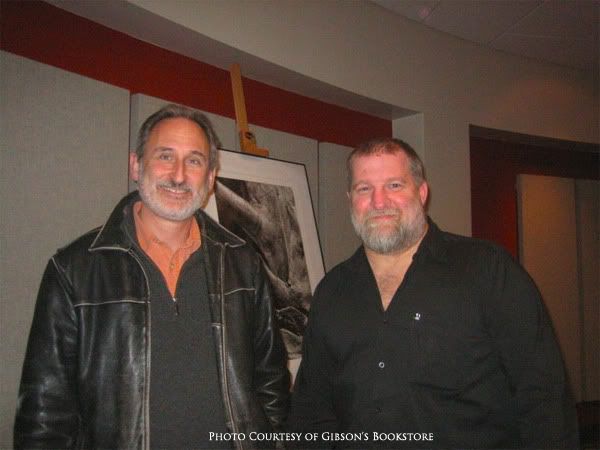
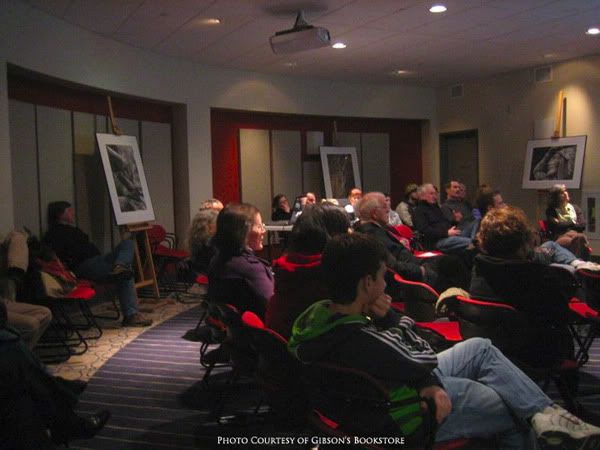
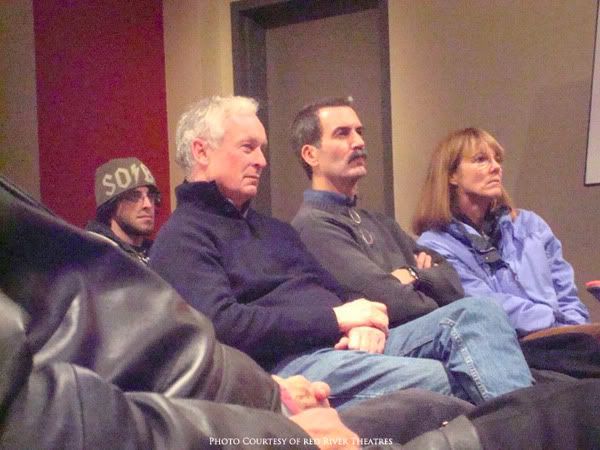
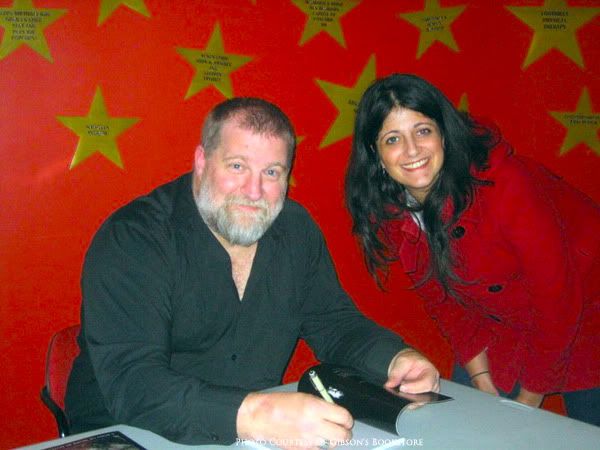
Posted by
Scott Bulger Photography
at
6:58 AM
4
Interesting Thoughts
![]()
Labels: Book Signing, Gibson's Bookstore, Lecture, Photography, Red River Theatres
Sunday, November 14, 2010
Cape Fence
Posted by
Scott Bulger Photography
at
4:56 AM
1 Interesting Thoughts
![]()
Labels: Black and White, Cape Cod, Fence, Provincetown
Saturday, November 13, 2010
Slate
Posted by
Scott Bulger Photography
at
4:54 PM
1 Interesting Thoughts
![]()
Labels: Black and White, Photograph, Slate, Texture
Friday, November 12, 2010
The Storyteller
Posted by
Scott Bulger Photography
at
10:28 AM
0
Interesting Thoughts
![]()
Labels: Black and White, Fence, shallow depth of field, Texture
Thursday, November 11, 2010
Points of Light
Posted by
Scott Bulger Photography
at
6:14 AM
2
Interesting Thoughts
![]()
Labels: Black and White, long exposure, New Hampshire, Water
Wednesday, November 10, 2010
Bow Lake Sunrise 11-10-10
Posted by
Scott Bulger Photography
at
5:50 AM
3
Interesting Thoughts
![]()
Labels: Black and White, Bow Lake, New Hampshire, November, Sunrise Sunset
Tuesday, November 9, 2010
Hanging Gardens
Posted by
Scott Bulger Photography
at
6:01 AM
2
Interesting Thoughts
![]()
Labels: Black and White, Leaf, leaves
Monday, November 8, 2010
Sunday, November 7, 2010
Rising
Posted by
Scott Bulger Photography
at
4:32 AM
2
Interesting Thoughts
![]()
Labels: Black and White, slow shutter speed, Water
Saturday, November 6, 2010
Friday, November 5, 2010
Leaf Litter
Posted by
Scott Bulger Photography
at
5:50 AM
1 Interesting Thoughts
![]()
Labels: Black and White, Dead Leaf, frost, Photograph
Thursday, November 4, 2010
Photography Talk and Book Signing



Posted by
Scott Bulger Photography
at
6:39 AM
4
Interesting Thoughts
![]()
Labels: Book Signing, Gibson's Bookstore, Khronikos, Red River Theatres
Wednesday, November 3, 2010
Fence Slats
Posted by
Scott Bulger Photography
at
4:14 AM
4
Interesting Thoughts
![]()
Labels: Black and White, Fence, Photograph
Tuesday, November 2, 2010
Art in Focus
Posted by
Scott Bulger Photography
at
7:17 PM
1 Interesting Thoughts
![]()
Labels: Art in Focus, Documentary, Photography, Scott Bulger, Television
Three Stones
Posted by
Scott Bulger Photography
at
6:00 AM
2
Interesting Thoughts
![]()
Labels: Black and White, Cemetery, Gravestones, Old, Three Stones

